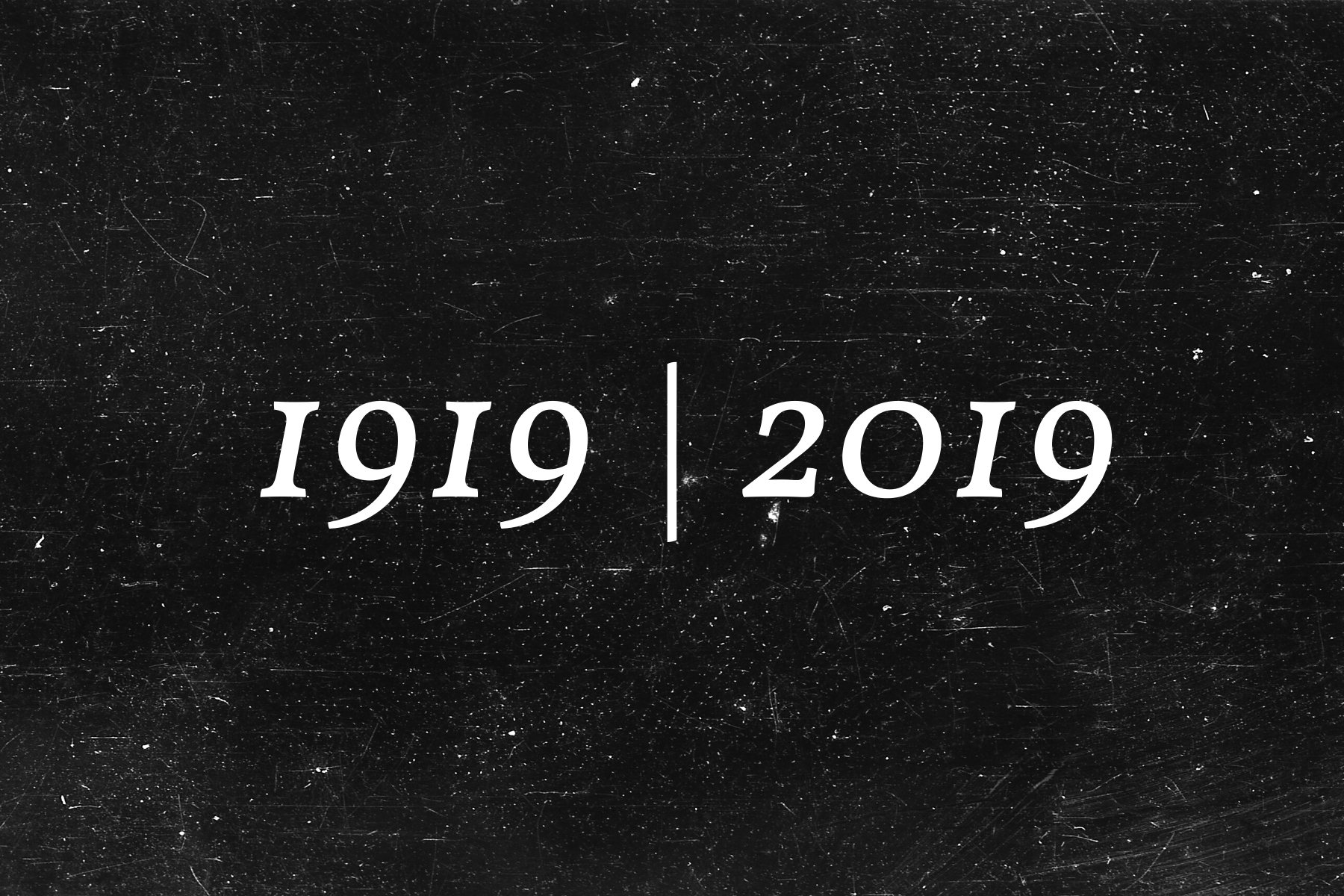It is 1919 in Boston, Massachusetts. Post-war tensions are high, the Red Scare is in full effect and at the end of summer, the police force will go on strike. This is the backdrop for Dennis Lehane’s novel, “The Given Day.” Known primarily as the author of “Mystic River” and “Shutter Island,” Lehane paints a picture of the United States that is not dissimilar from the country today.
The novel follows two protagonists, Danny Coughlin, a Boston police officer whose family comes from a proud Irish background with a special place in their hearts for law enforcement, and Luther Laurence, a black munitions worker who flees to Boston in order to escape his past.
The city of Boston is a microcosm for a country in unrest, a country pulling in opposite directions between the system and its subjects who want a better life for themselves. On a national level, 1919 puts the U.S. at a crossroads. The year is categorized by a never ending fight between those who desire radical social change and those who want to maintain the status quo.
As the American Federation of Labor grows stronger, union workers begin striking, demanding fair pay and working conditions. Meanwhile, race riots unfold in city streets and first-wave feminism gears up for women’s suffrage.
Same Problems, Different Century
Lehane originally penned “The Given Day” in 2008 as a way to draw attention to the disservice capitalism has done to the working class.
“I’m a son of a union man, and I wrote this book in some respects to say, somehow in the last 20 years in this country, we’ve become pretty anti-union,” Lehane says in an interview with BookPage. “I wanted to say hey, remember the people who gave us the weekend? Who gave us the good old eight-hour day and the 40-hour week and governed child labor? Those people matter, and the concepts matter.”
In 2019, the similarities have not waned. Capitalism is as strong as it has ever been, working to serve the rich and burden the poor. Giant corporations like Walmart and Amazon rake in hundreds of billions of dollars in revenue each year, while millions of their employees are overworked and underpaid. Healthcare and education costs continue to skyrocket every year, and Americans go broke trying to pay the bills.
The 2020 presidential election will be the first to host multiple candidates who are seriously proposing socializing aspects of American life, yet those who benefit from privatized systems are standing against these potential changes.
In “The Given Day,” Tommy Coughlin, police captain and father of Danny Coughlin, represents this resistance and worships the status quo. Along with the efforts of the police commissioner and town mayor, Tommy Coughlin actively works to shut down the police strike.
Granted, the novel does not solely focus on labor unions, as Boston plays host to a myriad of other problems, including racial tensions, the threat of communism and the peculiar explosion of a molasses tank. The Boston residents become caught up in the tangled web as they watch their world sit on the brink of change.
In the real world, the Great Molasses Flood of 1919 was an interesting event due to its cause stemming from the negligence of the company it belonged to; however, the incident was blamed on socialist radicals who were rapidly gaining infamy for bombings around the city that year. The Great Molasses Flood killed 21 people and left the affected area tainted with the smell of molasses for years.
Notably, Lehane likens this event to 9/11, but in 2019, it’s reminiscent of the environmental damage corporations are responsible for, such as the infamous BP oil spill, the Flint, Michigan water crisis and the Keystone Pipeline leak, just to name a few. Though these companies are responsible for the damage, it is the locals who will pay the price for their mistakes.
As expected, racism plays a role in both worlds. Laurence is subjected to bigotry and hate crimes by the white men in power, constantly under scrutiny by police lieutenant Eddie McKenna. He is confined to roles of servitude and submission, and his peers are harassed and even killed by the police.
Systemic racism still continues to burden Americans today, and its manifestations are not always as subtle as we might have imagined. At one point, McKenna tells Laurence that “this country is not his,” and these fictitious sentiments have real footholds that echo into the 21st century.
Life Lessons
If there’s one thing that characterizes the United States in both 1919 and 2019, it is the pulling of people to the extreme ends of the political spectrum. On one hand, there are the ultra-conservative Tommy Coughlin’s and McKenna’s, who act as both the symbols of the system and its prime beneficiaries.
On the other hand, the progressives — individuals like Danny Coughlin, feminists and proponents of socialism — are supporting ideas more radical than ever before. As new voices are given platforms to speak out, people are forced to choose a side and the political spectrum is reduced to two-dimensionality. Clearly, “The Given Day” demonstrates that history is repeating itself as the powers that be continue to prevail while the people work to dismantle it.
Simultaneously, Lehane’s novel proves that will see the other side of this struggle, perhaps even making headway. The police strike, though catastrophic, resulted in improved pay and working conditions for the officers in addition to women gained suffrage despite those who thought it would never happen; furthermore, the National Association for the Advancement of Colored People (NAACP) strengthened and got a hand in electing government officials who would support black Americans.
Ultimately, “The Given Day” is perhaps both a call to action and a commentary on the cyclical nature of human politics. It asks us how we can change our behavior to prevent these events from repeating, but entertains the idea that we might not be able to.
Even so, the novel is hopeful that one day the United States will truly be run “by the people, for the people” like it was intended. It validates the criticisms of capitalism, suggesting that the strides into socialist territory are positive ones. “The Given Day” agrees that we deserve more for our lives and asserts that our voices, though small, remain powerful.
















